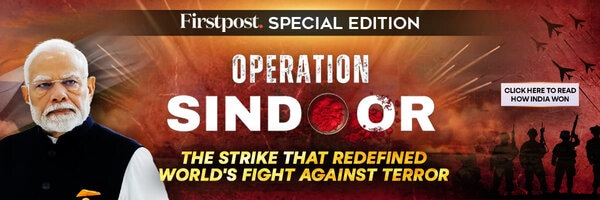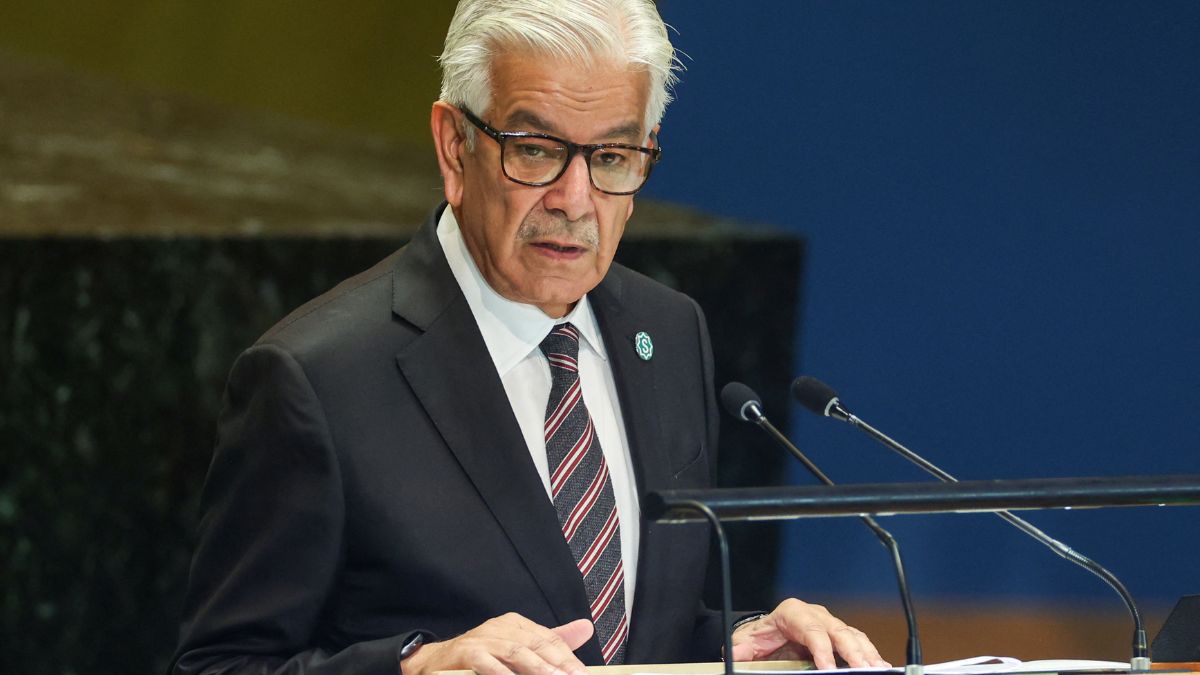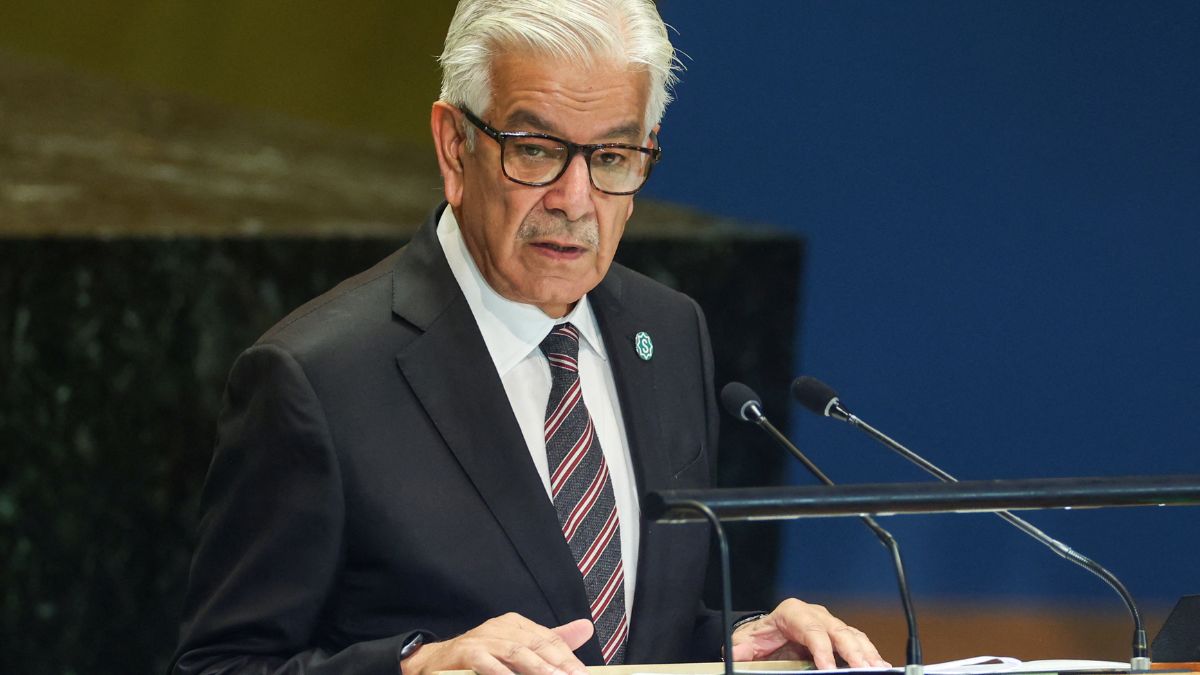Africa Day 2025 is celebrated annually on May 25. This date commemorates the founding of the Organisation of African Unity (OAU) in 1963 by 33 African nations, a body which transformed into the African Union (AU) in 2002. The AU now stands as a 23-year-old institution striving to realise the pan-African vision of unity, peace, and shared prosperity.
This year’s Africa Day offers a timely moment to reflect on emerging trends, persistent challenges, and the opportunities that lie ahead.
Institutional Renewal and Political Transitions
One of the more promising developments in 2025 is the successful conclusion of elections for a new AU Commission. The Commission, while not fully constituted due to a lack of nominations from Central Africa, has ushered in a wave of pragmatism under its new chairperson, Mohamed Ali Yusuf, the former foreign minister of Djibouti. His appointment signals a more neutral and effective leadership, opening space for greater institutional reforms and collaboration.
Simultaneously, 2025 marks the 50th anniversary of the Economic Community of West African States (ECOWAS), one of Africa’s most successful regional economic communities. ECOWAS was seen as a model for regional integration, but recent years witnessed setbacks due to military takeovers in member states. Countries such as Mali, Niger, and Burkina Faso withdrew, raising questions about the unity of Africa’s foundational Regional Economic Communities (RECs) and the future of the AU’s subsidiarity principle.
Democratic Progress and Challenges
The state of democracy and governance remains mixed. In 2024, out of 17 scheduled elections, 13 were held. Of these, seven incumbents retained power while six new leaders were elected, showing both continuity and transition. Noteworthy peaceful transfers of power occurred in Botswana, Ghana, Mauritius, and Senegal.
However, elections in Mali, Burkina Faso, Guinea-Bissau, and South Sudan were postponed, highlighting persistent political instability. The Mo Ibrahim Foundation has raised alarm over declining participatory and democratic indicators. The Mo Ibrahim Prize for Achievement in African Leadership has not been awarded since 2020, underscoring a perceived lack of transformative leadership.
In Southern Africa, the dominance of liberation-era parties is waning. In Namibia and South Africa, South West Africa People’s Organisation (SWAPO) and the African National Congress (ANC) retained power but with significantly reduced mandates. In Botswana, the Botswana Democratic Party lost for the first time since independence. In Mozambique, Frente de Libertação de Moçambique (FRELIMO) won amid accusations of electoral manipulation while facing mounting economic and social challenges. These outcomes underscore the urgency for current elites to tackle long-standing problems such as youth unemployment, inequality, and corruption.
The youth, with a median age of just 19 across the continent, are increasingly vocal. Empowered by digital tools and social media, they are pushing for accountability and change, often outside traditional political frameworks.
Security and Fragility
Security remains a critical concern in 2025. Jihadist insurgencies continue to plague the Sahel, the Lake Chad Basin, the Horn of Africa, eastern Democratic Republic of the Congo (DRC), and northern Mozambique. Separatist movements persist in Cameroon and Mali, while Ethiopia remains in a fragile post-conflict phase after its devastating war in Tigray.
Youth-led protests are on the rise, sometimes turning violent, as seen in Kenya and Mozambique. Unfortunately, in several instances, governments have responded with crackdowns or coups, exacerbating instability. There is an urgent need to overhaul regional and international approaches to peacebuilding, with a greater emphasis on inclusion and long-term resilience.
Climate and Development Challenges
Africa is among the most vulnerable regions to climate change. Rising temperatures, shifting rainfall patterns, and extreme weather events are threatening food security, water access, public health, and overall development. Seven of the world’s ten most climate-vulnerable countries are in Africa. Building climate resilience must be prioritised, especially in rural communities and urban slums.
Despite these challenges, there are promising economic trends. Foreign Direct Investment (FDI) into Africa rose sharply in 2025 to $94 billion, up from $48 billion in 2023. Between 2000 and 2024, Africa’s global trade expanded fivefold—from $276 billion to $1.4 trillion—with China, India, and the EU emerging as its top trade partners. Notably, India contributed $75 billion in FDI, reflecting its growing economic footprint.
Since 2019, Africa has been steadily shifting from aid dependence toward investment- and trade-led growth. Public-private partnerships (PPPs), rather than loan-driven projects, offer a more sustainable model for development financing.
External Engagement and Strategic Autonomy
Africa’s external engagements remain complex. The EU’s Global Gateway Initiative, launched in 2021 with a €300 billion target (half intended for Africa), has yet to reach meaningful scale. Meanwhile, Europe’s hardened migration policies have placed pressure on African countries to curb irregular migration, exacerbating humanitarian pressures and regional friction.
The United States, under the Trump administration, has cut back significantly on aid, especially USAID programmes in public health. Its confrontational trade posture—including disputes with South Africa under African Growth and Opportunity Act (AGOA)—adds to the uncertainty. The possibility of closing diplomatic missions in Africa would open the door for greater influence from other powers, notably Russia and China.
African nations prefer a balanced, non-aligned approach, but rising global polarisation threatens their strategic autonomy. While the EU remains rhetorically supportive, its economic woes may lead to further aid reductions, forcing African countries to reassess their development partnerships.
Africa-Led Initiatives: Time for Ownership
Amid these dynamics, Africa must assert greater ownership of its development path. The African Continental Free Trade Area (AfCFTA) and the Africa CDC are two flagship initiatives that, if fully realised, can significantly boost intra-African trade and health security.
The AU must take a stronger role in managing and streamlining its partnerships. Summits with countries and regional blocs which must be better coordinated under AU leadership. Regularised summits, such as the India-Africa Forum Summit, should be revived, ensuring Africa speaks with a unified voice.
The AU must also recommit to enforcing its own decisions and ensuring compliance among member states. This includes standing firm on democratic principles, peacebuilding norms, and collective regional action.
India and Africa: A Shared Future
In 2025, India is well-positioned to strengthen its ties with Africa through a forward-looking, partnership-based approach. By focusing on sustainable development, technology transfer, and capacity building, India can contribute meaningfully to Africa’s transformation.
India’s emphasis on mutual respect, South-South cooperation, and people-to-people ties resonates well with African aspirations. India and Africa share historical bonds and a common interest in a more equitable global order.
Conclusion
Africa Day 2025 is both a celebration of how far the continent has come and a reminder of the road ahead. While the African Union and its member states face serious challenges—governance, security, climate vulnerability, and shifting geopolitics—they also possess immense opportunities driven by youth, innovation, and global engagement.
By taking greater ownership of its development agenda, strengthening democratic institutions, and engaging diverse partners strategically, Africa can shape a future that is inclusive, resilient, and prosperous.
India, as a long-standing friend and emerging partner, stands ready to walk this journey with Africa—guided by solidarity, sustainability, and shared ambition.
The author is a former ambassador to Germany, Indonesia, Ethiopia, ASEAN and the African Union. He tweets @AmbGurjitSingh. Views expressed in the above piece are personal and solely those of the author. They do not necessarily reflect Firstpost’s views.


)

)
)
)
)
)
)
)
)



